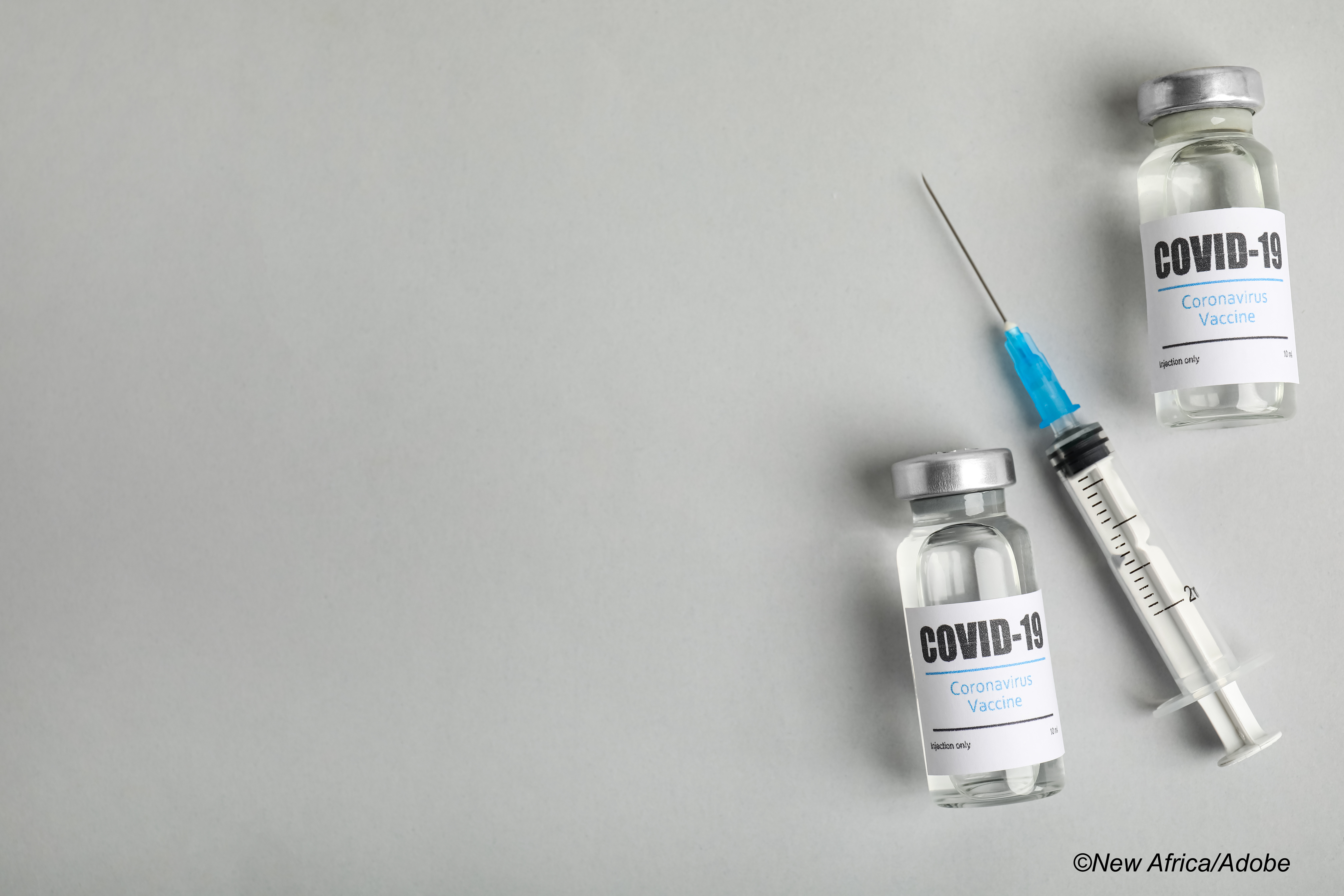Certain Covid-19 vaccines have been linked to rare neurological conditions such as Bell’s palsy, Guillain-Barré syndrome, and hemorrhagic stroke. New research confirmed these associations, but it also found that having Covid-19 poses a much bigger risk than vaccination for developing these and other neurological conditions.
The analysis of health records for over 32 million people across England confirmed a previously reported link between vaccination with Oxford-AstraZeneca’s ChAdOx1nCov-19 vaccine and a slight increased risk for Guillain-Barré syndrome.
It also showed use of the BNT162b2 vaccine (Pfizer/BioNTech) to be associated with an increased risk for hemorrhagic stroke.
And, importantly, the analysis also noted that Covid-19 is more strongly associated with these neurological disorders and others than any of the vaccines developed to prevent it.
For the autoimmune disorder Guillain-Barré syndrome, for example, the researchers estimated 38 excess cases of the disorder per 10 million people in the month after receiving the ChAdOx1nCov-19 vaccine and 145 excess cases of the disorder per 10 million people in the month after testing positive for SARS-CoV-2.
The study findings were published online Oct. 25 in the journal Nature Medicine.
“We found different risks for different types of neurological conditions depending on which vaccine people received. However, these were substantially lower than the risks occurring in association with a positive Covid-19 PCR test,” said researcher Martina Patone, PhD, of the University of Oxford, Oxford, U.K., in an emailed press release.
The researchers were able to replicate their findings in a national Covid-19 dataset from Scotland, which researcher Aziz Sheikh, MD, of the UK’s University of Edinburgh, called a key study strength.
“Overall, this provided strong support to the findings observed in the English dataset, namely that Covid-19 poses a greater risk of neurological adverse events than seen with either the Oxford-AstraZeneca or Pfizer-BioNTech vaccines,” Sheikh said in the press release.
Patone, Sheikh, and colleagues relied on a self-controlled case series (SCCS) design to compare how often neurological complications occurred in different windows of time before, during, and after Covid-19 exposure or receipt of a SARS-CoV-2 vaccine.
Specifically, the researchers examined hospital admissions in the 28 days after receiving a first dose of the ChAdOx1nCoV-19 (n=20,417,752) or BNT162b2 (n=12,134,782) vaccine or SARS-CoV-2-positive test (n=2,005,280).
Recipients of the ChAdOx1nCoV-19 vaccine had an increased risk for Guillain-Barré syndrome (incidence risk ratio, 2.90; 95% CI, 2.15-3.92) 15 to 21 days after the initial dose, and an increased risk for Bell’s palsy (IRR, 1.29; 95% CI: 1.08-1.56) at 15–21 days post vaccination.
Recipients of the BNT162b2 vaccine had an increased risk of hemorrhagic stroke (IRR, 1.38; 95% CI: 1.12-1.71 at 15–21 days).
The researchers’ estimated the number of exposures needed for one excess event and the excess number of events per 10 million exposed, finding:
- 38 excess Guillain-Barré events per 10 million people in the month after vaccination with the ChAdOx1nCoV-19 vaccine, with no excess events estimated for the BNT162b2 vaccine.
- 60 additional cases of hemorrhagic stroke per 10 million people vaccinated with the BNT162b2 vaccine.
- Infection with SARS-CoV-2 was estimated to be associated with 123 additional cases of encephalitis meningitis and myelitis and 145 cases of Guillain-Barré syndrome per 10 million people with a positive test.
The findings were replicated in the SCCS analysis involving close to 3 million people in Scotland, including the association between the ChAdOx1nCoV-19 vaccine and Guillain-Barré syndrome.
“The study design and sensitivity analyses addressed some of the key issues related to this association, including confounding through fixed covariates, seasonality and variable exposures to predisposing infections during the pre- and post-vaccination periods,” the researchers wrote, adding that it “remains unclear why the ChAdOx1 nCoV-19 vaccine appears to contribute to the pathogenesis of Guillain–Barré syndrome while BNT162b2 vaccine does not.”
Study limitations cited by the researchers included the sole inclusion of data from first vaccination doses, the inability to distinguish between different types of Guillain-Barré, and the inability to assess the risk of milder neurological diseases due to the reliance on hospital admission and mortality data.
-
The analysis of health records for over 32 million people across England confirmed a previously reported link between vaccination with the ChAdOx1nCov-19 vaccine and a slight increased risk for Guillain-Barré syndrome. The analysis also showed the BNT162b2 vaccine to be associated with a slight increased risk for hemorrhagic stroke.
-
The analysis foundthat Covid-19 is more strongly associated with these neurological disorders and others than any of the vaccines developed to prevent it.
Salynn Boyles, Contributing Writer, BreakingMED™
This research was supported by the National Health Service, the University of Oxford and others. The principal researchers reported no relevant disclosures.
Cat ID: 190
Topic ID: 79,190,730,933,190,926,192,927,151,928,925,934



